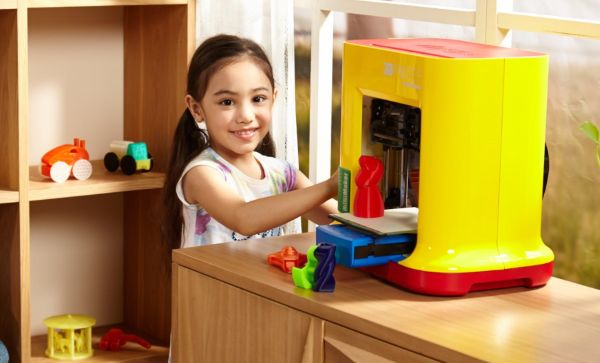American children are far from scoring in the top tiers where their proficiency in math is concerned. Even districts that boasted relatively high scores in the past are finding their highest achievers unable to keep up with present day demands. It seems that when compared with the rest of the world, North American students don’t have the math skills to compete, which can be detrimental to their futures in an increasingly technological world. Thankfully, by detecting where they’re struggling early on, educators can step in faster, and there are educational applications available to help them do this.

They Deliver The Subject In Entertaining Ways
Educational apps make math fun and interactive for students in new and interesting ways. For example, they may incorporate missions or campaigns, game-playing, and hands-on projects to better integrate concepts taught in the classroom. Every question has a greater purpose attached to it, and it helps that many apps also offer incentives like prizes or badges – not only for progress but for effort and perseverance.
Teachers Get Better Insight Into Classroom Performance
Because many of these apps have the ability to track individual progress, teachers can see clearly where members of their class are having the most trouble, and where weaknesses lie across the board. It also offers them alternate tools for engagement. With in-classapps, teachers can find support they wouldn’t find in textbooks. If you’re an instructor or even a district-wide administrator, forward-thinking apps from companies like Knowledgehook can help you teach your students and engage them in a routinely challenging subject.
Greater Opportunity For Intervention
In large classrooms, it’s challenging for teachers to know who is falling behind if they don’t speak up. Sometimes, it isn’t until a quiz or test is conducted that teachers catch problems; but by that time, it can be too late to intervene, especially when students are scheduled to move on to something new the next day. Because educational apps can be used for ongoing assessment, teachers are informed about struggles early on, and can spend more time on a section with a student or with the whole class.
Parents Receive Tips For Tutoring Their Children
When a school introduces an educational app, there is often the opportunity to invite parents to participate too. They can assign their child practice questions at home, identify and track key concepts hindering progress, gain access to what was covered at school, and take advantage of tutoring strategies provided by the app that don’t necessarily require them to be proficient in math themselves.
It’s clear that for present-day students to find success in the classroom, educators must look for new ways to engage — and Knowledgehook engages students through in-class game show style activities and solo at home missions. Utilizing technology is just one way to start speaking a young person’s language, and it can provide teachers and parents with more transparency as to where a student’s strengths and weaknesses lie. More individualized lesson plans can be created, and more focus can be given to the areas that where students struggle — in the classroom or district-wide. This way, when it comes time for the next international assessment, American students will no longer find themselves ranking so low.





